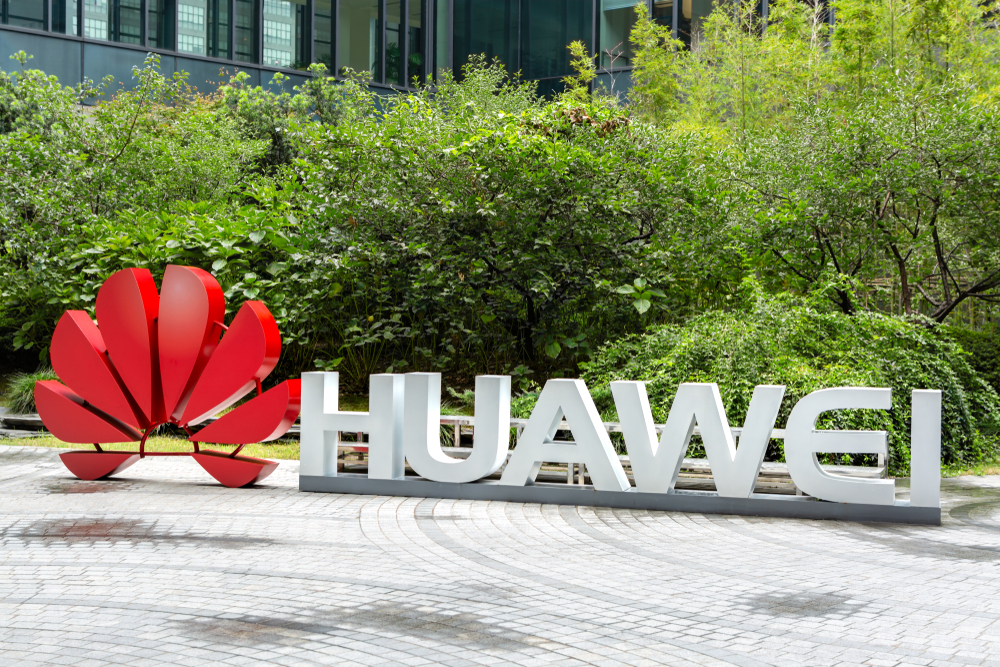Huawei wants the future to be industry-specific clouds
One cloud does not fit all, claims president of enterprise business group


Public cloud services such as Amazon Web Services (AWS) may not provide the best answer to companies’ cloud requirements, Huawei claims.
Yan Lida, Huawei’s president of enterprise business, admitted public cloud continues to grow quickly, but claimed it is not vertical-specific enough.
“Public cloud has been growing rapidly and the advantages are obvious,” Yan told delegates at the opening keynote of company’s annual cloud conference in Shanghai, which IT Pro attended. “However there are also limitations when it comes to public cloud – it’s very difficult to cater for different verticals.”
He added that industries that need a lot of power and bandwidth, but can work with a simple structure – such as online gaming - function well with vanilla public cloud services, this inflexibility is part of the reason large enterprises are still opting to build private clouds.
However, while this may seem like a challenge, Yan and Huawei as a whole see it as a new way of doing business, both for them and for the organisations in the verticals involved.
“When a large number of companies in the same industry come together in an industry cloud … it can drive innovation and synergy across the vertical,” he said.
Industry clouds, Yan explained, are no different at the infrastructure level, but are significantly different at the architecture level.
Sign up today and you will receive a free copy of our Future Focus 2025 report - the leading guidance on AI, cybersecurity and other IT challenges as per 700+ senior executives
By delivering optimised IaaS, industry-specific PaaS, and application-specific SaaS according to the vertical, these industry clouds can help overcome the problem of over-standardisation seen in standard public clouds and be quite flexible and responsive to the needs of companies operating within the given sector.
“For an industry cloud provider to be successful, they have to consider if they have solid and robust platform. It has to allow for faster development and can also better leverage resources at IaaS layer,” Yan said.
Would-be customers interested in an industry cloud should, Yan said, also consider “whether solution or application providers have a deep industry expertise – if they don’t in traditional IT, it’ll be hard to do well in the cloud”.
Finally, the provider should also offer a seamlessly-layered, well optimised architecture for the types of industry-specific apps and processes it will be running.
Yan also suggested enterprises with a lot of legacy hardware have a ‘late mover advantage’ in this respect. As their infrastructure is already optimised according their industry, but is also rarely used at full capacity, they are in a position to act as a cloud service provider – or, at least, an IaaS/PaaS provider – for other organisations within their vertical.
That means they can get full use from, and make an income from, the hardware that had been considered a burden of legacy.
“We believe the industry cloud will accelerate development in next three years and will generate a trillion [dollar] level market,” said Yan. “All the vendors need to have an open attitude to cloud industry. One vendor can't supply everything, so we have to foster open collaboration across cloud industry.”
Naturally, Huawei already has some involvement in the industry cloud business, but Yan was at pains to emphasise that the company is “an ICT company”, not a software vendor and that it has nothing to do with the app layer. In order to be successful, in this area, Yan said, Huawei will need to build good relationships with app developers in various industries.

Jane McCallion is Managing Editor of ITPro and ChannelPro, specializing in data centers, enterprise IT infrastructure, and cybersecurity. Before becoming Managing Editor, she held the role of Deputy Editor and, prior to that, Features Editor, managing a pool of freelance and internal writers, while continuing to specialize in enterprise IT infrastructure, and business strategy.
Prior to joining ITPro, Jane was a freelance business journalist writing as both Jane McCallion and Jane Bordenave for titles such as European CEO, World Finance, and Business Excellence Magazine.

